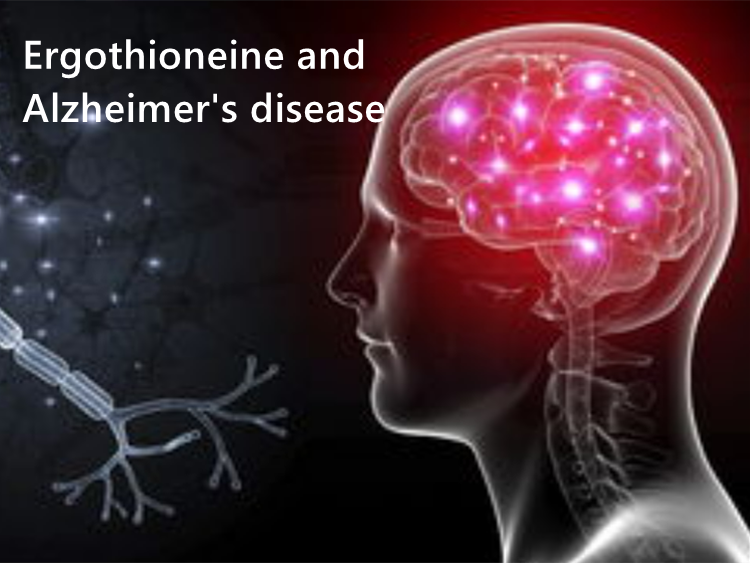The scientific community has been examining the link between L-ergothioneine and Alzheimer’s disease for years. A 2019 study published in the Journal of Alzheimer’s Disease found that adults aged 60 and older who consumed more mushrooms were less likely to develop mild cognitive impairment. Ergothione from mushrooms and ergot fungi may therefore delay neurodegenerative diseases. Evidence indicates that L-ergothioneine may help slow the progression of Alzheimer’s disease by protecting brain cells from oxidative stress. Further, ergothioneine extract has been shown to penetrate the brain, making it an ideal candidate for therapeutic use in diseases such as Alzheimer’s disease.
It is important to note that L-ergothioneine is a unique antioxidant and is obtained in the body through the diet. While most people aren’t likely to consume enough of ergothioneine, it can improve cognitive function. A study published in the Frontiers in Bioengineering and Biotechnology journal found that people with higher levels of ergothioneine had fewer symptoms of cognitive impairment. However, further studies are needed to determine if ergothioneine is effective in preventing or reversing the effects of age-related neurodegenerative diseases.
In a recent study, Wellington Pham and colleagues synthesized an ERGO-PET radioligand for assessing its efficacy in a preclinical Alzheimer’s disease mouse model. The study was performed on male C57BL/6J mice. The mice were given either D-galactose or ergothioneine as a supplement. The mice received these nutrients daily for 88 days. The mice were tested using a mouse model of LPS-mediated neuroinflammation. The radioligand concentration in the serum decreased after 10 minutes, and the metabolite was distributed in the small intestine and eyes.
Although there are few direct correlations between L-ergothioneine and Alzheimer’s disease, many researchers have concluded that it can protect the brain from oxidative stress and may even be able to reverse age-related decline. Moreover, it is one of the few antioxidants that are concentrated in mitochondria, which makes it particularly effective for preventing age-related disease. In addition, L-ergothioneine helps protect mitochondrial components and DNA from oxidative damage. It accumulates in the brain through a transporter, the OCTN1 transporter. It is thought to have several protective effects, including modulating inflammation, chelating divalent metal ions, and scavenging reactive oxygen species.
The production of ergothioneine is a multifunctional physiological cytoprotector with numerous applications in many industries. Studies on L-ergothioneine and alzurrhea have shown that it can help reduce the risk of developing the debilitating complication of Alzheimer’s disease. Those who suffer from high blood sugar are at higher risk of developing diabetic encephalopathy. Moreover, the use of ergothioneine has a positive effect on the development of a brain tumor. However, there has been little consensus on the role of this nutrient. The European Food Safety Authority (EFSA) Panel on Dietetic Products has found that L-ergothioneine is generally safe when consumed in adequate amounts.




